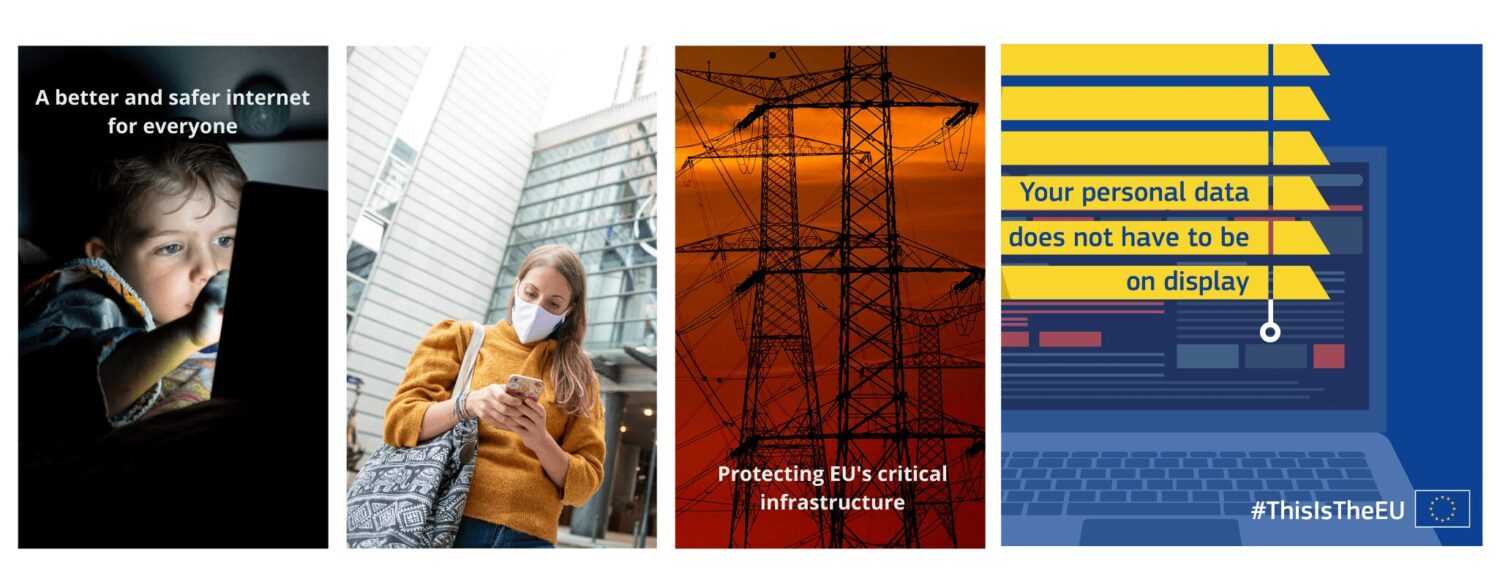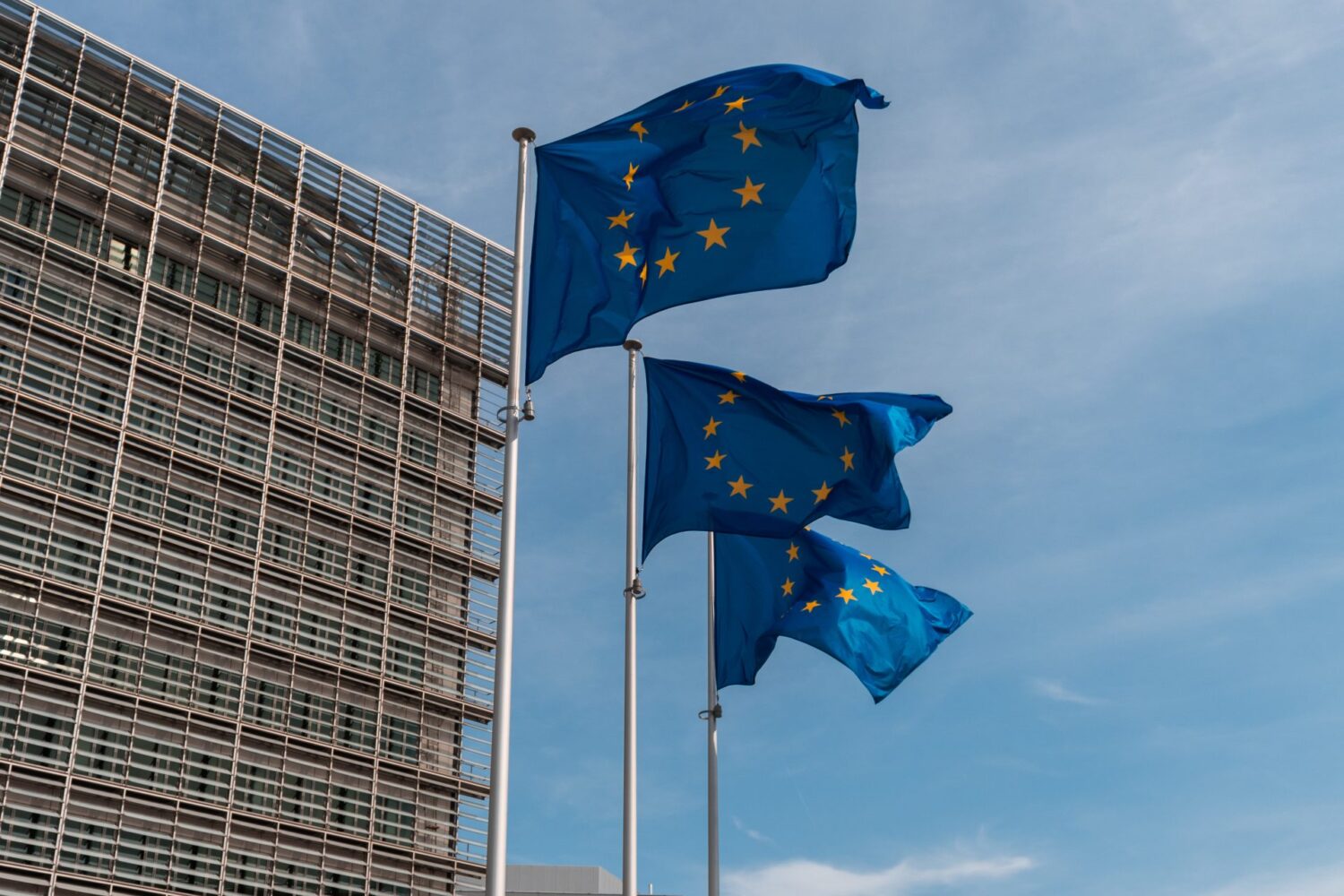Although not much is known about his siblings, in Sep 2020, Ayo Fayose lost his immediate elder sister, Mrs. Moji Ladeji.
How old is Fayose?
The politician was born in 1960, which means that Ayo Fayose age is 60 years old (as of 2020).
Where is Ayo Fayose from?
Fayose grew up in Oyo state but originally hails from Afao Ekiti in Irepodun Local Government Area of Ekiti State.
Ayo Fayose educational background
Ayo Fayose began his early education at Saint Leo’s Catholic Primary School, Ibadan, in 1966 and obtained his Primary School Leaving Certificate in 1972. He proceeded to the Olivet Baptist High School, Oyo State, in 1973, where he sat for and passed the School Certificate examination in 1979.
He was admitted for a one-year pre-National Diploma (Pre-ND) program at the Federal Polytechnic, Ilaro, Ogun State, leading ultimately to a two-year Ordinary National Diploma (OND) program in Science Laboratory Technology, which he successfully completed in 1984.
He underwent his one-year mandatory industrial attachment at the Cocoa Research Institute of Nigeria (CRIN), Ibadan. He produced body and hair products during this period, naming them ‘Spotless.’
In 1985, Fayose was admitted for a Higher National Diploma (HND) program in Biological Sciences/Applied Medical/Biology by The Polytechnic, Ibadan, and graduated in 1987. He had his National youth service at Pepsi Nigeria Limited, Ibadan.
Ayo Fayose religion
The politician was born to a pastor and a prophetess, concluding that he grew up in a religious home.
Career
Ayo worked as the chief executive officer at Spotless Investment Limited, a group of companies, from 1988 until his election as the Governor of Ekiti State in 2003.
Before his election, Fayose served as Chairman of a Facts-Finding Committee set up by the Peoples’ Democratic Party and assigned to Kaduna State in 2003. He had served twice as a national delegate to the PDP national convention.
Ayo came to the limelight when he became the second executive governor of Ekiti state on May 29, 2003, after defeating the then incumbent governor, Niyi Adebayo. He was impeached on 16 October 2006 but came back to contest in 2014.
During the 2014 Governorship election in Ekiti State, Peter Ayodele Fayose was again the PDP flag bearer. He won the election and was declared by the Independent National Electoral Commission as the new Governor, Ekiti State; he was inaugurated on 16 Oct 2014.
Fayose boasts of being the only Nigerian to defeat an incumbent two times historically.
Previous appointments
Here is a summary of his previous appointments:
- Staff – Cocoa Research Institute of Nigeria (CRIN), Ibadan, Oyo State (Industrial Attachment)
- Staff – Pepsi Nigeria Limited, Ibadan, Oyo State (National Youth Service Corps)
- Chief Executive Officer, Spotless Investment Limited, 1988 to 2003
- Governor, Ekiti State, May 29, 2003 to October 16, 2006
- Chairman, PDP Adhoc Committee, 2006
- Governor, Ekiti State, October 16, 2014 to October 16, 2018
Awards
The politician has received these awards:
- Ekiti State “Leaders in Achievement” Honour Award (2002)
- Doctor of Public Administration (Honoris Causa) University of Ado-Ekiti (2004)
- Fellow of the Polytechnic Ibadan (FPI) 2005
- Most Distinguished Alumnus of the Faculty of Science of the Polytechnic, Ibadan (2005)
- Outstanding Governor of the year 2004 by the Ekiti Kete Association in North America (EKAINA)
- Ekiti State “Leaders in Achievement” Award 2002
- Captain of Reform Agenda for the Grassroot
- Best Governor of the Year 2004 by the PDP, U.K. Branch
- Most Practical Governor in the South West (2005)
- Best Governor in the South West 2005 by the Global Excellence Magazine, Lagos
- Best Governor Nigeria 2006 by the City People Magazine, Lagos.
Personal life
Ayo Fayose got married to his lovely wife, Feyisetan Fayose, in 1988. Feyisetan is four years younger than him – she was born in 1964, while the politician’s birth year is 1960. She is a human rights activist, as well as a generous philanthropist. She is especially concerned about female rights.
Ayo Fayose children
Ayo and Feyisetan’s marriage is blessed with 5 children:
- Joju
- Nigba
- Boluwatife
- Rogba
- Tomiwa
Blocked bank accounts
The Economic and Financial Crimes Commission froze four Zenith Bank accounts allegedly used by Fayose to launder money for his Ekiti governorship election in 2014.
The judge, Justice Mohammed Idris, had granted the EFCC on June 24 2016 an order freezing all the funds in the said accounts in Zenith Bank. 2 of the accounts belong to Ayo while the third belongs to his hotel Spotless Hotel in Ado Ekiti. The fourth account was operated by one of Ayo’s aides, Abiodun Agbele.
The EFCC alleged that those accounts possessed funds, said to be about N4.7 billion, stolen from the office of the National Security Adviser, with most of the money secretly retained by Ayo for his personal use after the election.
Ayo Fayose is an outspoken politician who is also the former governor of Ekiti State. The politician is known for being fearless when it comes to matters affecting the Nigerian people.
READ ALSO: Fireboy DML biography: Age, real name, girlfriend, Apollo album
Legit.ng recently covered the story of Fireboy DML, one of the fast-rising Afro-Life singers from Nigeria. The musician became popular following the success of his single titled Jealous. You will be surprised to find out that the celebrity is only 24 years old, but he has made significant achievements in his career.
The musician recently released his sophomore album, Apollo. Apollo was released on August 20, 2020, under the YBNL Nation record label. The 17-track album comes after the success of his debut album Laughter, Tears & Goosebumps, which was released on November 29, 2019.












